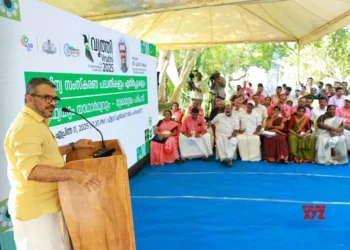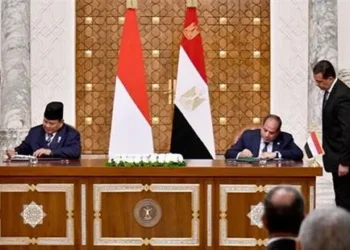Even though there are 60 million arthritis patients in India, the disease is yet to be considered a major non-communicable disease (NCD) by the authorities, experts said at a global conclave, here on Saturday.
This was highlighted during a session at the ongoing fifth edition of Global Ayurveda Festival (WAF) on challenges posed by diseases, which are not spread by human-to-human contact but pose major health problems, such as diabetes, blood pressure and heart ailments.
Dr Arvind Chopra, Ayush Distinguished Chair for Public Health and Epidemiology, said a national survey on musculoskeletal pain had shown that those affected by arthritis are 0.32 per cent.
“But that number when multiplied by the Indian population figures shows there are 60 million people affected by it. Moreover, many people affected by the problem do not seek medical help until it aggravates to a serious level,” said Chopra.
Diseases like arthritis and diabetes can be controlled effectively if Ayurveda treatments are given in combination with other treatments, the experts said at the five-day conclave, which began on Saturday.
Professor Anup Thakar, Director of the Institute for Post-Graduate Teaching and Research in Ayurveda, Jamnagar, Gujarat, and Valdis Pirags, Professor of Medicine, University of Latvia, presented evidence from different studies to show that the use of Ayurveda in combination with yoga can effectively control and even reverse diabetic conditions in people.
Thakar said a global study done in 2021 found that 532 million people were suffering from diabetes and the number was projected to hit 783 million by 2045.
“What is more scary is that 266 million people identified as diabetics in the survey didn’t know they had a health problem,” he said.
Pirags, who has translated some works on Ayurveda into Latvian, presented a detailed study to show how the hypothalamus area of the brain that controls endocrine systems affects diabetics, and presented evidence about the benefits that Ayurveda treatment brings to such patients.
He said combining the ancient wisdom of Ayurveda and modern methods of western medicine is the way forward.
Professor S. Gopakumar, Government Ayurveda College, Kannur, Kerala, presented case studies from his experience to show how Ayurveda provided effective treatment even in aggravated diabetic and respiratory cases.
He pointed out that the modern medical methods were not having the desired effect on the patients, forcing them to seek his help.
He also said the recent spike in air pollution levels in New Delhi emphasized the need to improve immunity at the community level rather than approaching it at an individual level.























